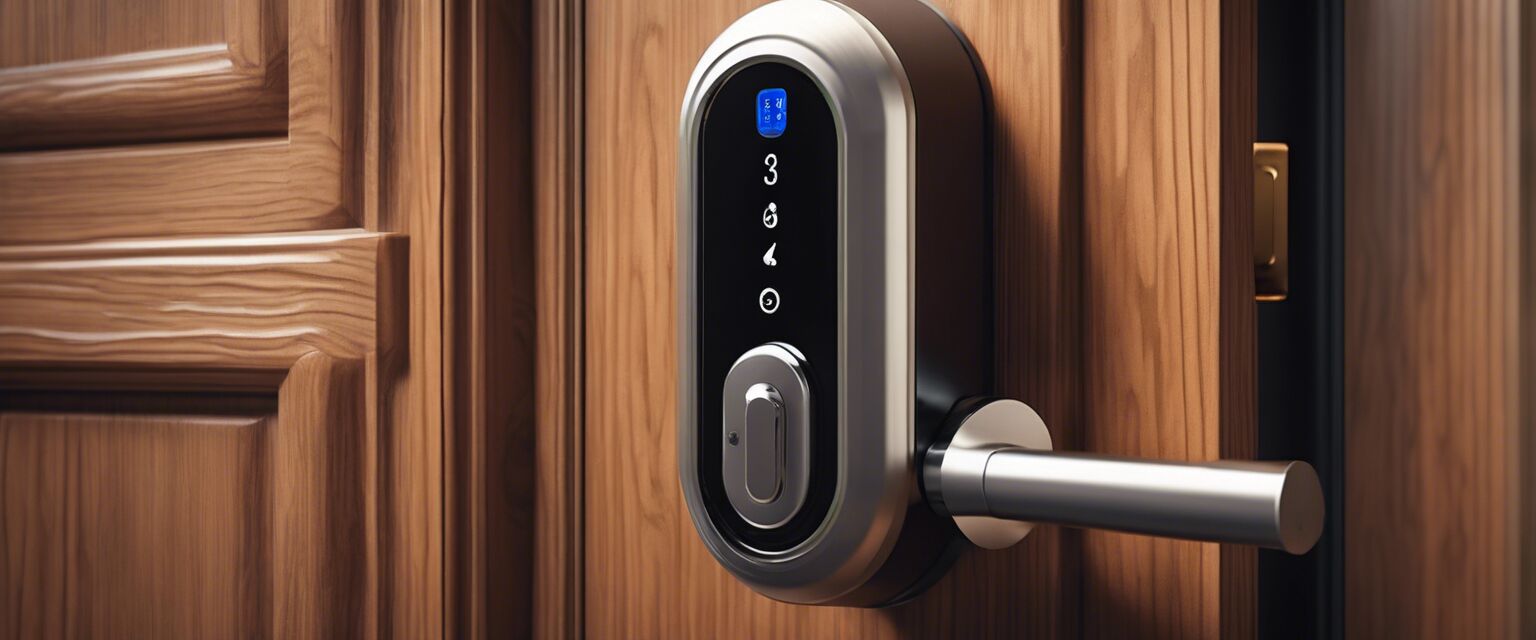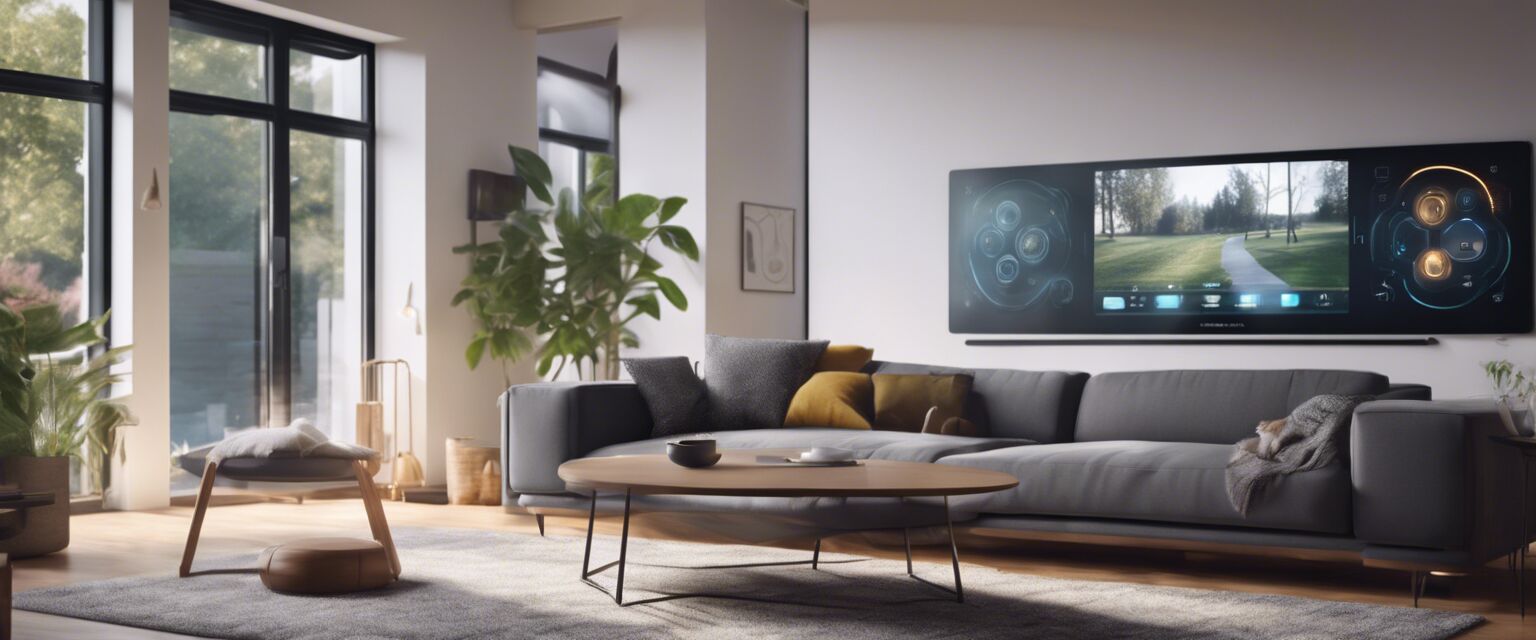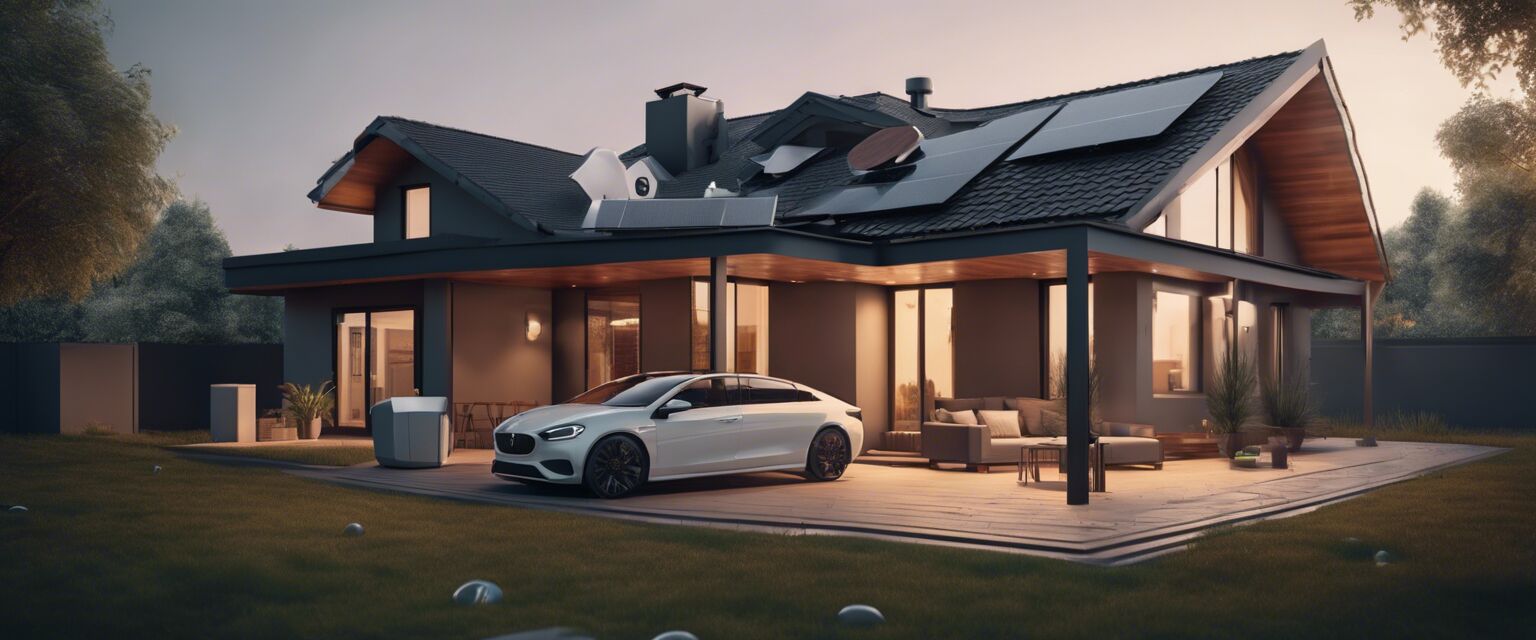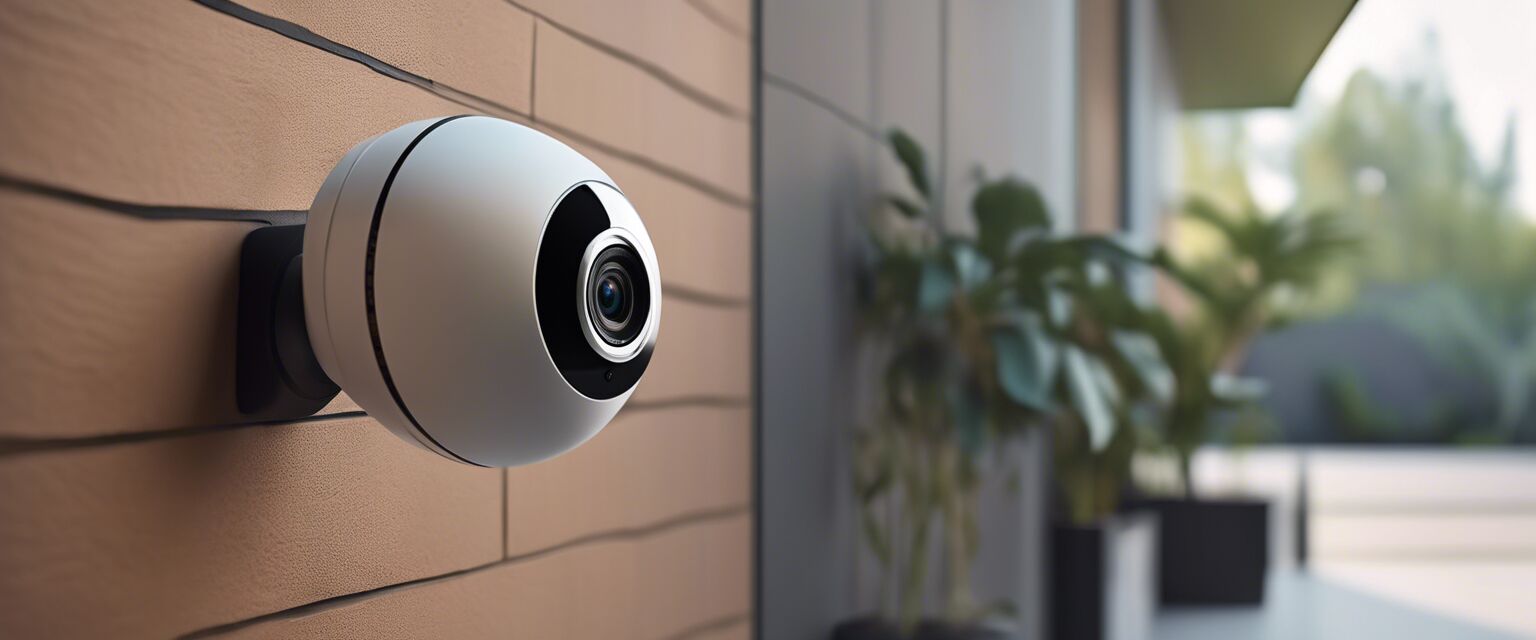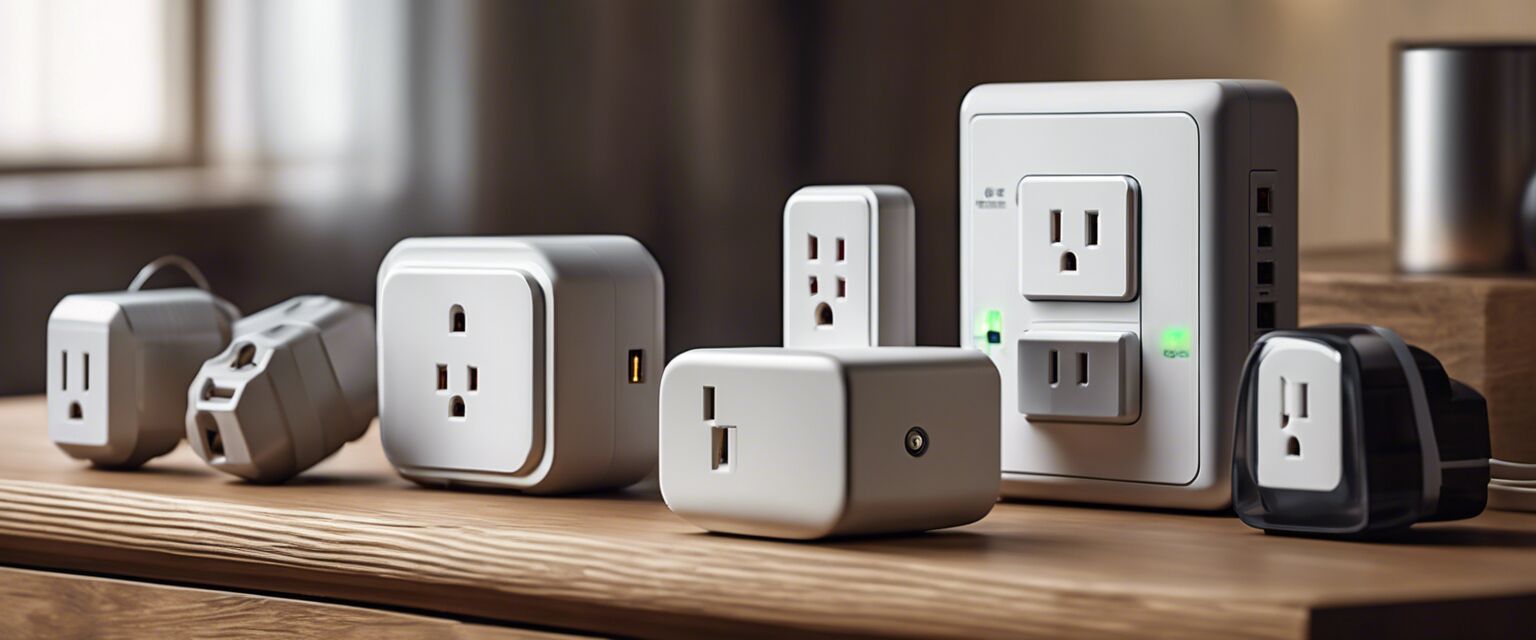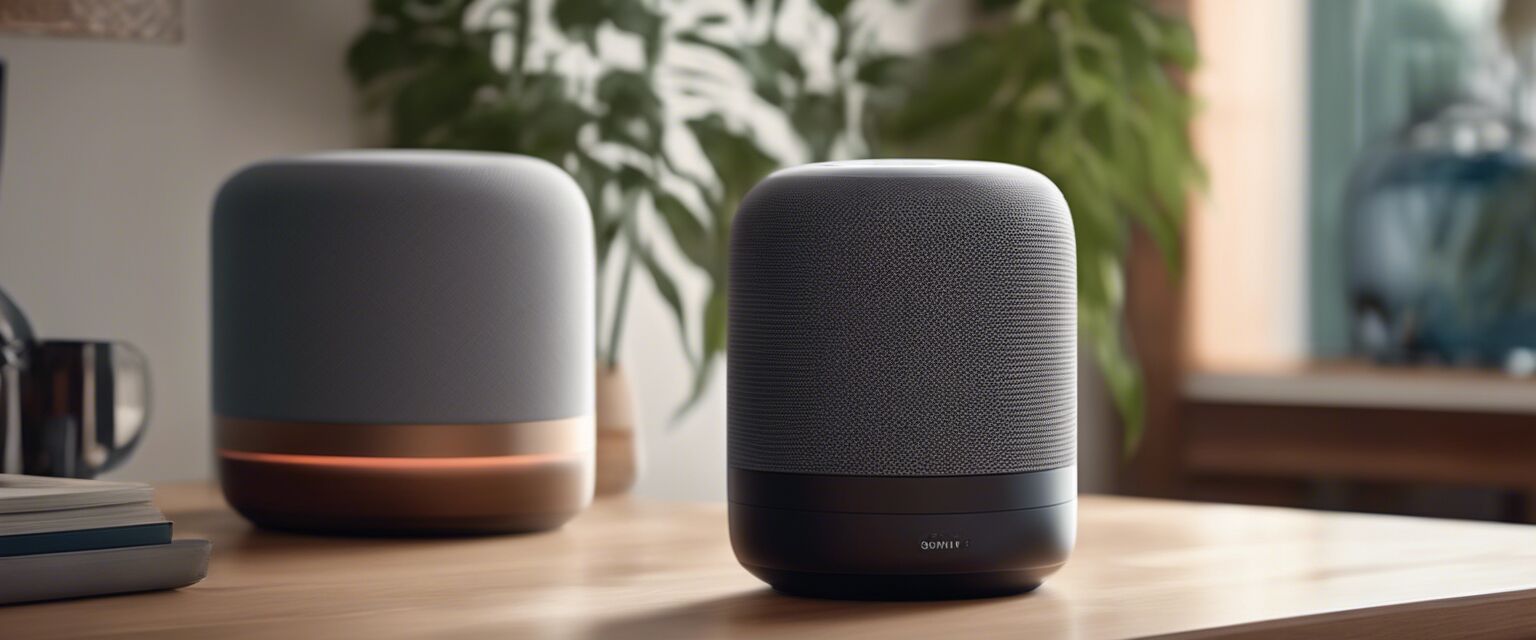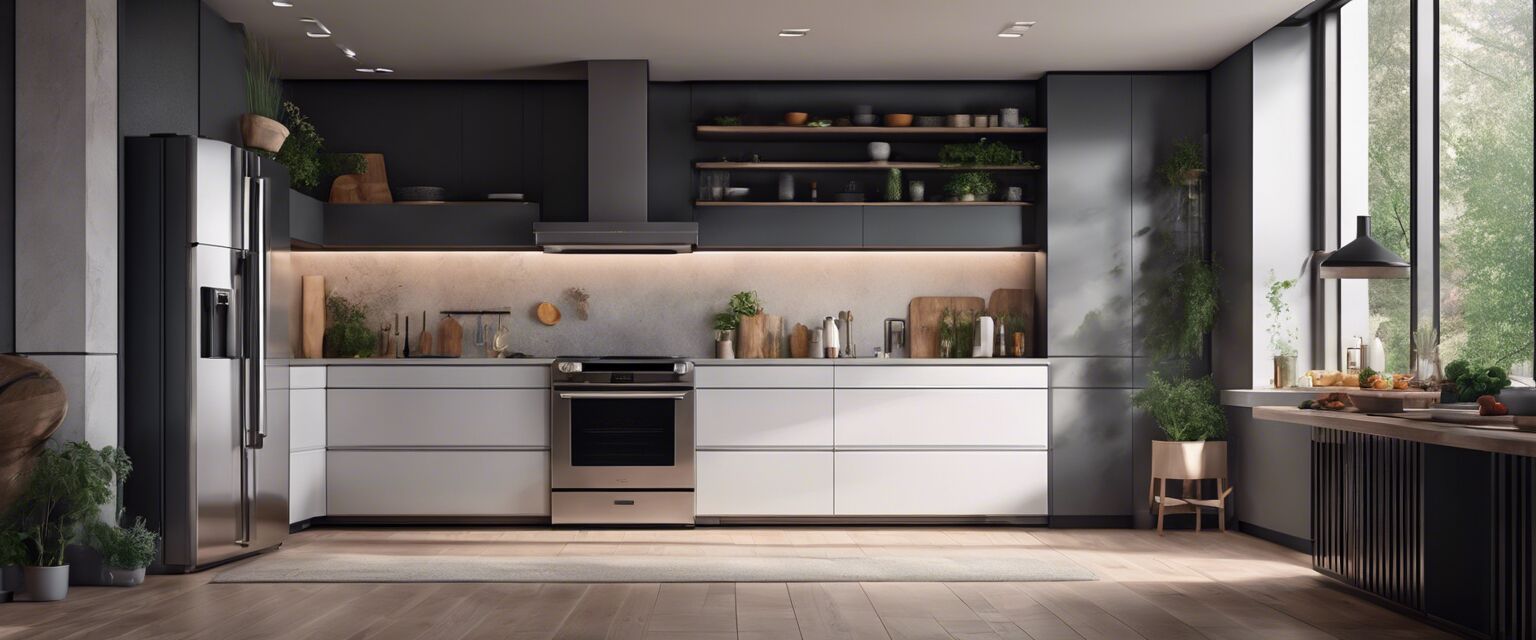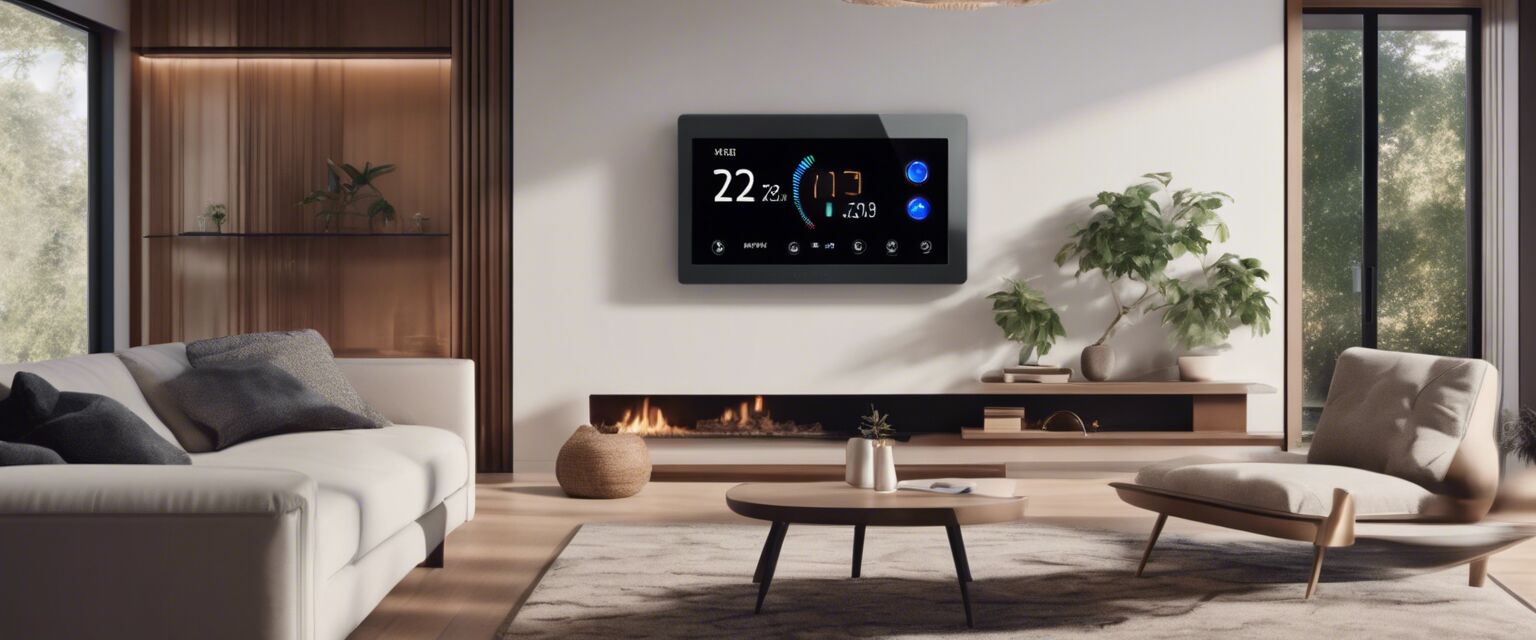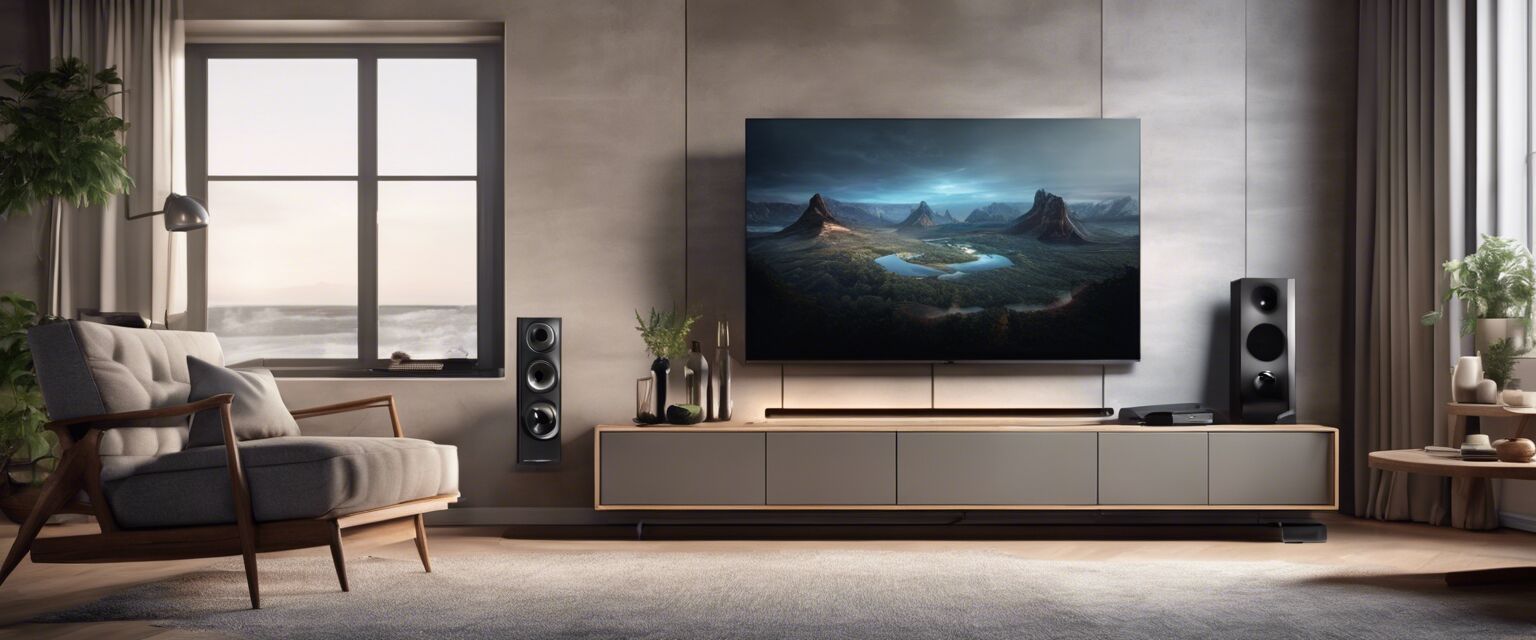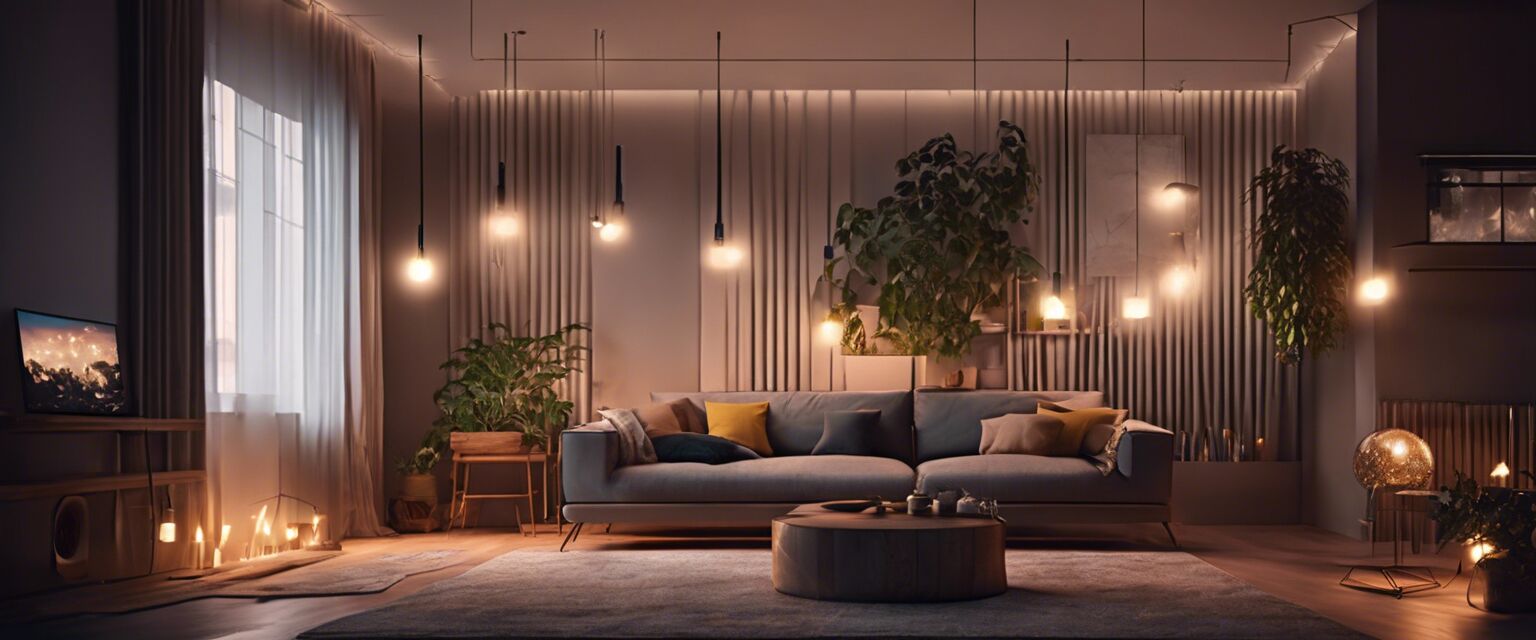
Smart lighting systems
Key Takeaways
- Smart lighting systems enhance convenience and energy efficiency.
- They can be controlled remotely via apps or voice commands.
- Integration with other smart home devices improves functionality.
- Varieties include smart bulbs, fixtures, and control systems.
Smart lighting systems are revolutionizing the way we illuminate our homes. These systems provide convenience, energy efficiency, and the ability to customize lighting according to mood and activity. This comprehensive guide will explore the various types of smart lighting systems available, their benefits, and how to choose the right system for your needs.
Types of smart lighting systems
Smart lighting comes in various forms. Below are the most common types:
| Type | Description |
|---|---|
| Smart bulbs | Replace standard bulbs and can be controlled with apps or voice commands. |
| Smart fixtures | Entire lighting fixtures that incorporate smart technology. |
| Smart switches | Replace traditional light switches to control standard lights remotely. |
| Smart dimmers | Allow users to adjust brightness levels via apps or voice controls. |
Benefits of smart lighting systems
There are numerous advantages to using smart lighting systems in your home. Here are some key benefits:
- Convenience: Control your lights from anywhere using your smartphone or voice.
- Energy efficiency: Smart bulbs often use less energy than traditional bulbs, leading to lower electricity bills.
- Customization: Set schedules, adjust brightness, and change colors to suit your mood.
- Integration: Seamlessly connect with other smart home devices for enhanced functionality.
How to set up a smart lighting system
Setting up a smart lighting system is relatively straightforward. Follow these steps:
- Choose your smart lighting products, such as bulbs or fixtures.
- Download the corresponding app for your products.
- Install the bulbs or fixtures according to the manufacturerâs instructions.
- Connect the devices to your Wi-Fi network using the app.
- Customize settings, schedules, and automation as desired.
Popular smart lighting brands
Several brands lead the market in smart lighting technology. Some of the most recognized include:
| Brand | Features |
|---|---|
| Philips Hue | Extensive range of smart bulbs and fixtures, customizable colors, and integration with other smart home systems. |
| LIFX | Wi-Fi enabled bulbs with vibrant colors and no hub required. |
| Wyze | Affordable smart bulbs with app control and scheduling features. |
| Sengled | Smart bulbs that can function as Wi-Fi extenders, providing dual functionality. |
Smart lighting controls
Smart lighting systems can be controlled in various ways, allowing for flexibility in how you manage your home's lighting:
- Mobile apps: Most smart lighting products come with dedicated apps for remote control.
- Voice commands: Integrate with voice assistants like Amazon Alexa or Google Assistant for hands-free control.
- Smart home hubs: Use a hub to connect multiple smart devices and control them from a single interface.
- Motion sensors: Automate lighting based on movement detection for added convenience.

Considerations when choosing a smart lighting system
When selecting a smart lighting system, consider the following factors:
- Compatibility: Ensure the smart lighting products are compatible with your existing devices and home setup.
- Ease of installation: Some products may require professional installation, while others are user-friendly.
- Budget: Determine your budget, as smart lighting systems can vary significantly in price.
- Features: Choose features that will enhance your lifestyle, such as color options or automation capabilities.
Smart lighting trends
The smart lighting industry is evolving rapidly. Here are a few trends to watch:
- Human-centric lighting: Lighting tailored to support natural circadian rhythms, enhancing well-being.
- Integration with IoT: Increased connectivity with other Internet of Things devices for smarter homes.
- Advanced automation: More sophisticated automation options based on user behavior and preferences.
- Energy-saving technologies: Innovations aimed at reducing energy consumption and promoting sustainability.
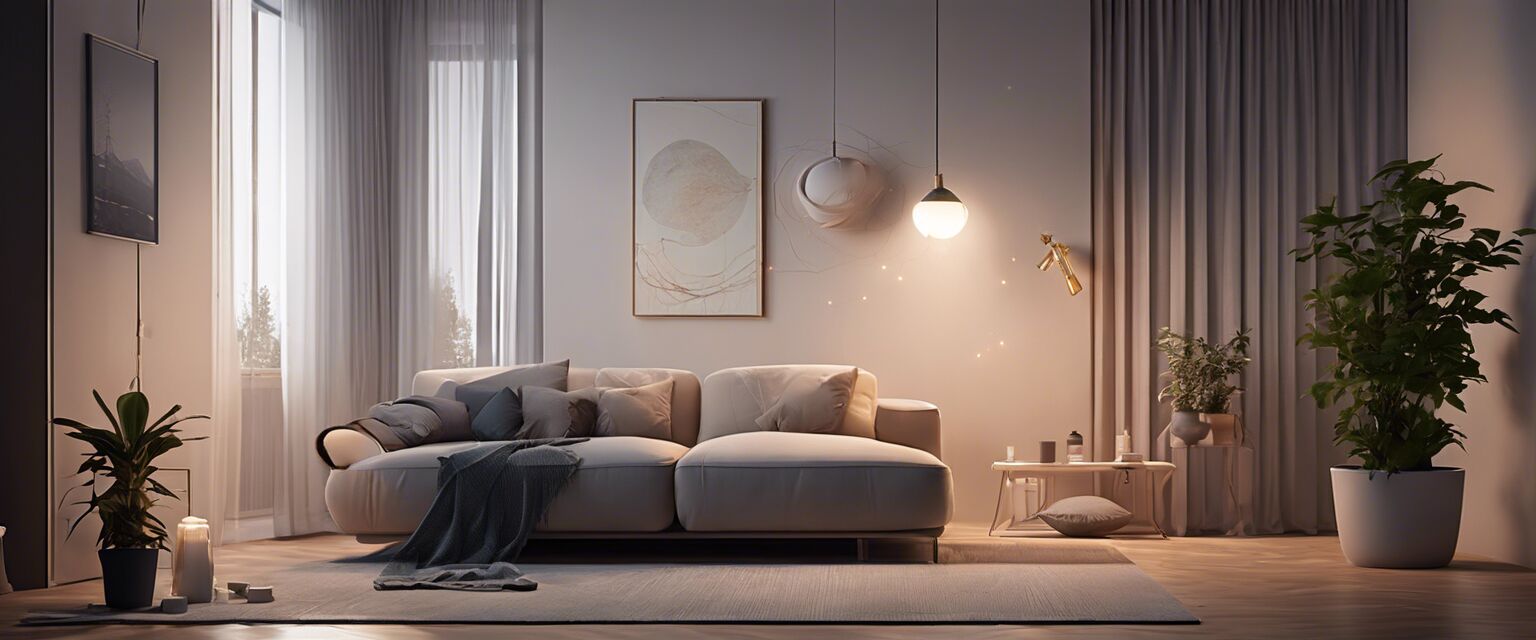
Frequently Asked Questions
What is a smart lighting system?
A smart lighting system consists of lighting products that can be controlled remotely, typically through mobile apps or voice commands, allowing for greater flexibility and customization.
Are smart lighting systems energy-efficient?
Yes, many smart bulbs use LED technology, which is more energy-efficient than traditional incandescent bulbs, resulting in lower energy costs.
Do I need a hub for smart lighting?
Not all smart lighting systems require a hub. Some products connect directly to Wi-Fi, while others may benefit from a hub for centralized control.
Conclusion
Smart lighting systems are an excellent investment for anyone looking to enhance their homeâs ambiance, efficiency, and convenience. With a variety of options available, you can easily find a system that suits your needs. Embrace the future of lighting and transform your living spaces with smart technology.
Pros
- Convenient control options
- Energy-efficient alternatives
- Customizable lighting experiences
- Integration with other smart home devices
Cons
- Initial setup costs can be high
- Compatibility issues with some devices
- Reliance on Wi-Fi connectivity

For more information on related topics, visit our other sections on Smart Lighting, Smart Plugs & Outlets, and Smart Security Systems. Explore how these devices can enhance your smart home experience.
